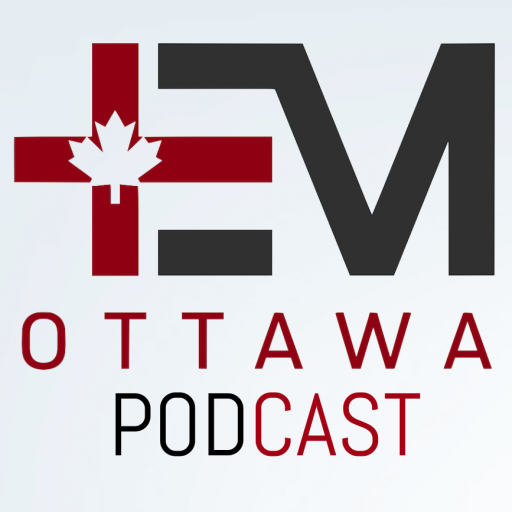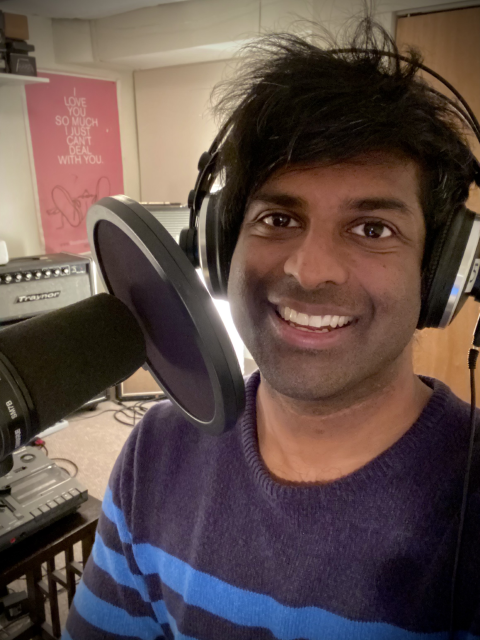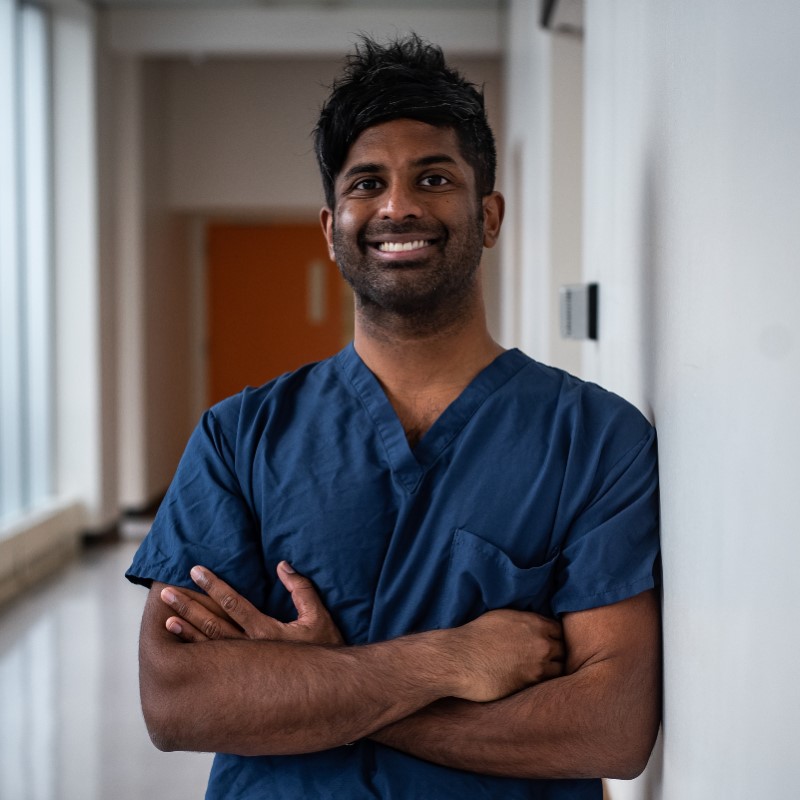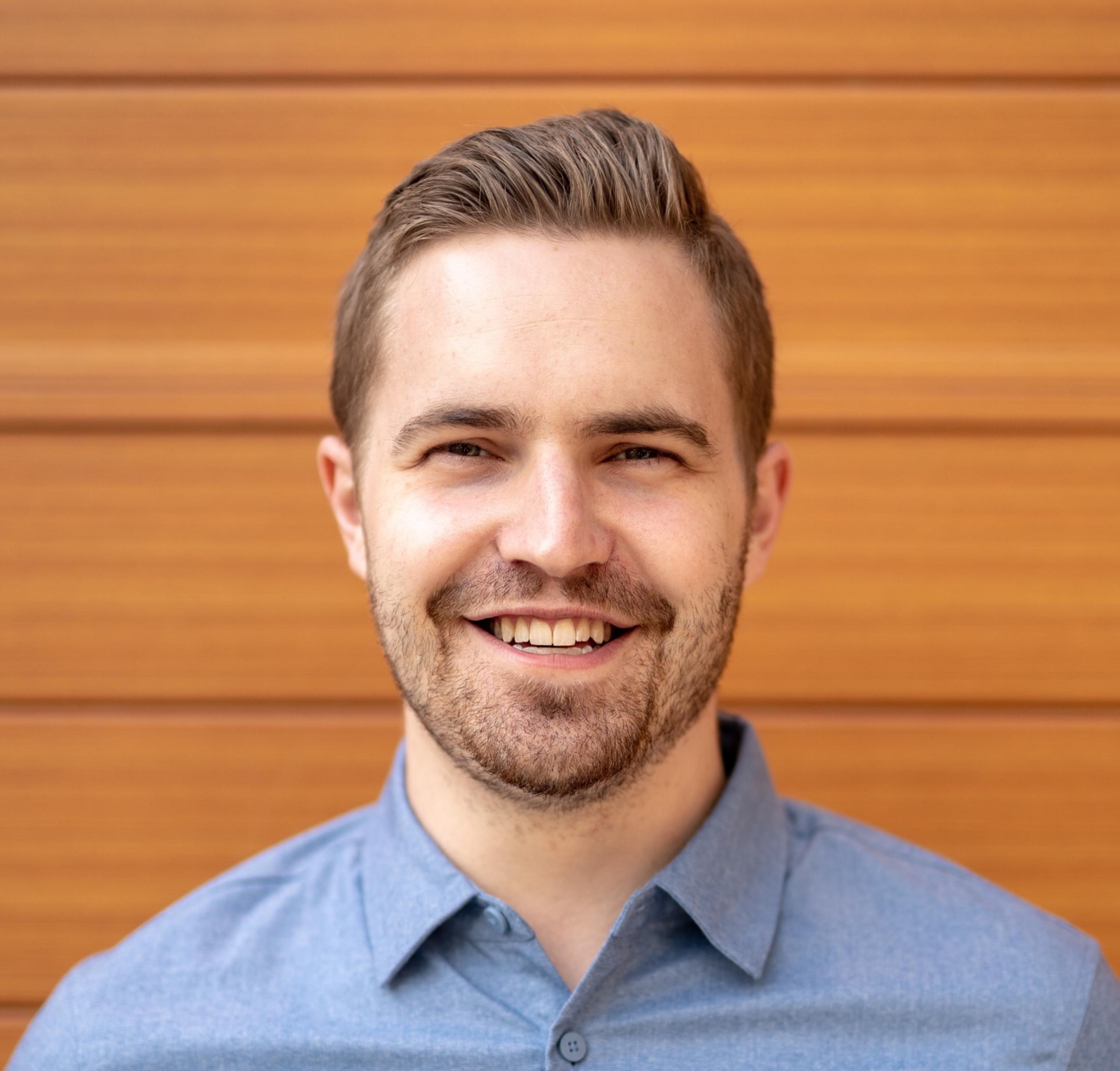So what if we’ve only had one ‘real episode’, it’s time for a bonus one! Dr. Rajiv Thavanathan sits down with FRCPC Program Director Dr. Lisa Thurgur, and Assistant PD Dr. Michael Ho to talk about the CaRMS process, and what they’re looking for in applicants.


What happens during the CaRMS file review process?
- A deep dive into better understanding the applying medical students, applicants, and potential future residents.
- Different programs use different scoring systems and data points.
- For Ottawa, like many sites, reference letters make up a significant component of this score. That being said, given the Covid pandemic, there was no preference given to the writing physician’s specialty or home site. Rather, referees were asked to comment on whether a potential applicant would make an excellent emergency medicine resident and physician.
What about students who feel they decided late on emergency medicine as a career?
- Not a red-flag, and not uncommon.
- Can be addressed honestly in one’s personal letter and if it comes up during interviews.
How well should applicants know the specific details and nuances of each program?
- Applicants will not be quizzed on the nuances on each program (i.e., how many weeks is our EMS block). They should have a general understanding, and perhaps even more importantly, know the city well as it’s where they’ll be living for the next five years.
How does a student decide which program is the best fit for them if they’re unable to visit?
- Firstly: the good news for applicants is that you will get a great emergency medicine education in Canada no matter which city you match to.
- Despite Covid-19, programs have been trying to give students a feel for what their program is like through virtual Q&A nights, 1-on-1 sessions, social media platform posts, and teaching days.
Remember: programs are interviewing you, but you’re also interviewing programs!
Think about what’s important to you: this can be program specific, i.e. what the teaching and half-day curriculum is like, or city specific, i.e. what do the residents like to do for fun.
Thoughts on residency programs use of social media?
- Love it! In Ottawa we try our best to highlight our city and EM program.
- Applicants should be aware that like all forms of social media, not all the challenging or difficulty times are reflected (i.e. long-call hours).
How can applicants come across genuine, enthusiastic about themselves and their accomplishments without coming across arrogant?
- Consider practicing talking about yourself. It’s not something that comes naturally to most people. There’s nothing wrong with practicing questions and thinking about answers to common questions ahead of time.
Is there anything residents say they wish they knew before CaRMS?
- Residency is a lot of work. Just as a lot of rewarding things in life are! You want a program that’s supportive, with a resident group, faculty and staff that has your back. Most of the things in your life that you don’t choose is what shapes you, and five years is a building block for the kind of future doctor you can be, but sometimes hard to realize when you’re in the thick of it.
To all of the medical students going through the CaRMS process this year:
You’re nearing the finish-line, try to enjoy the process, and best of luck!



